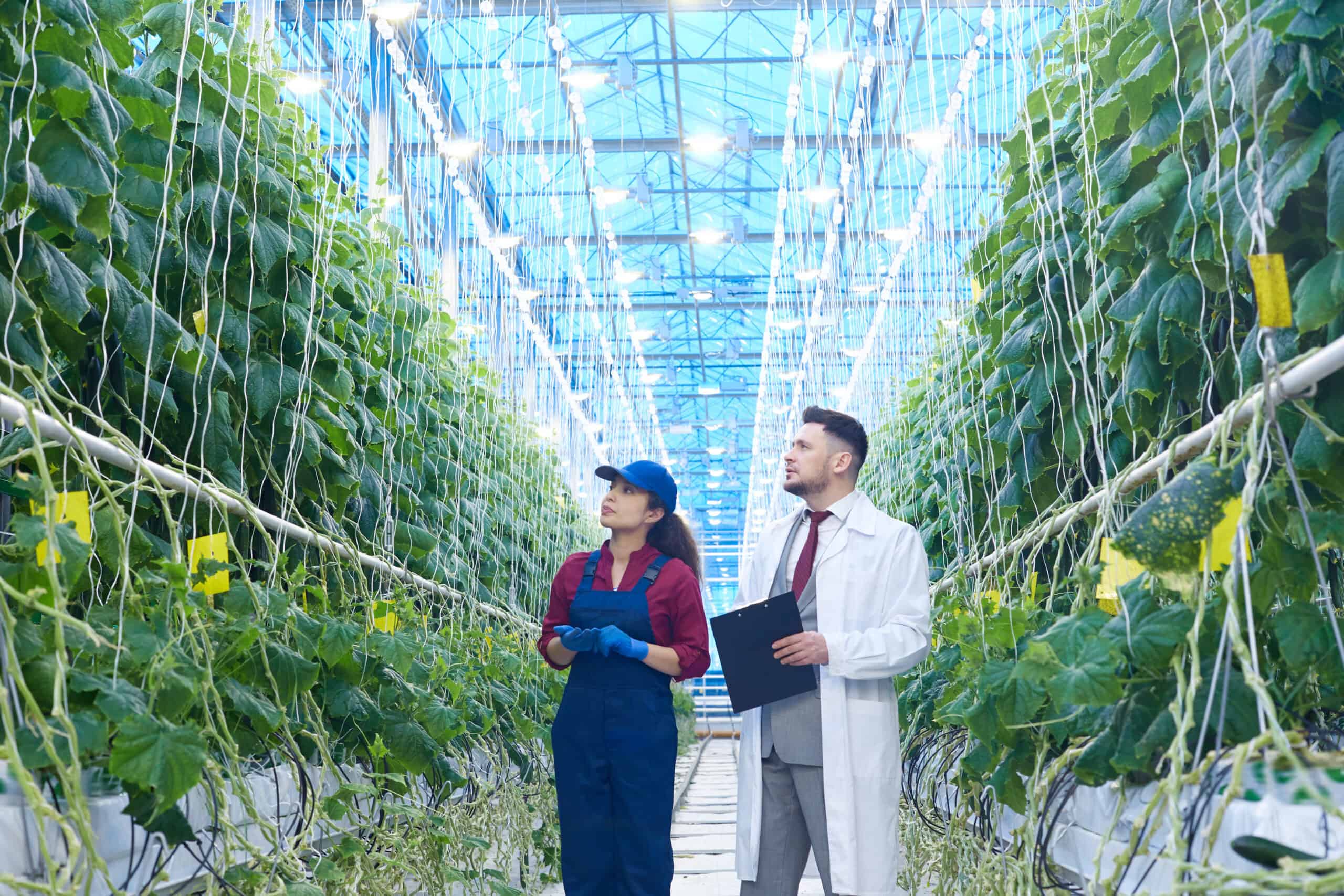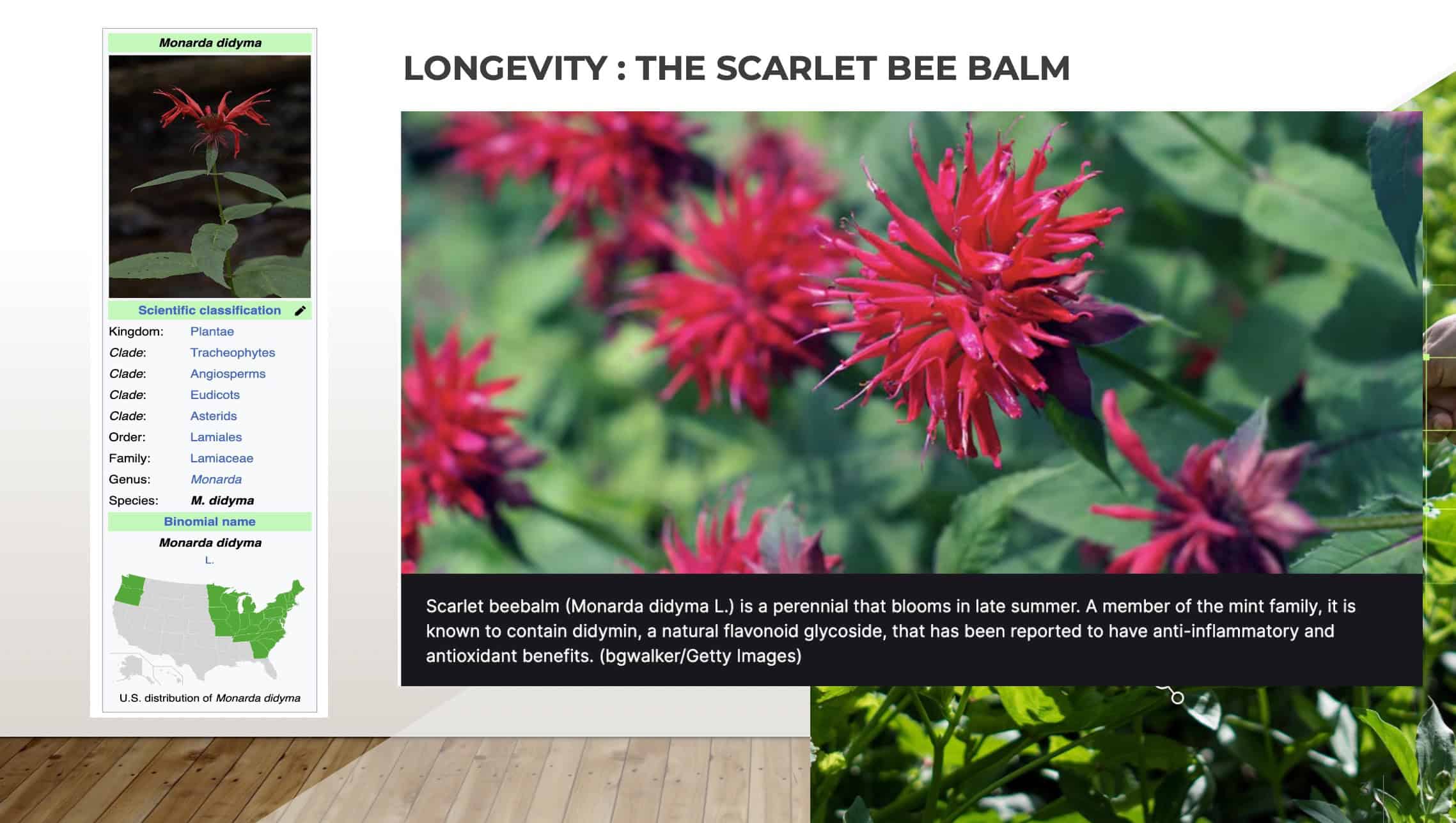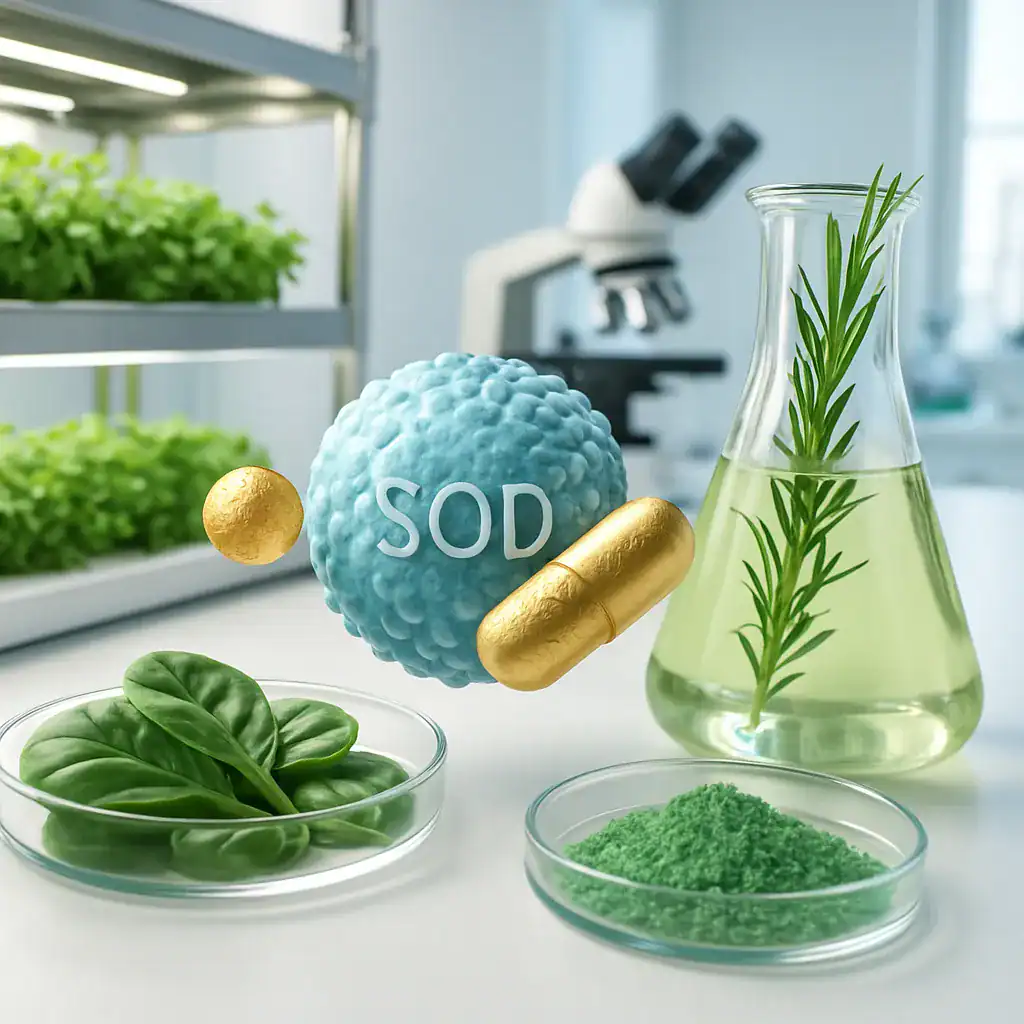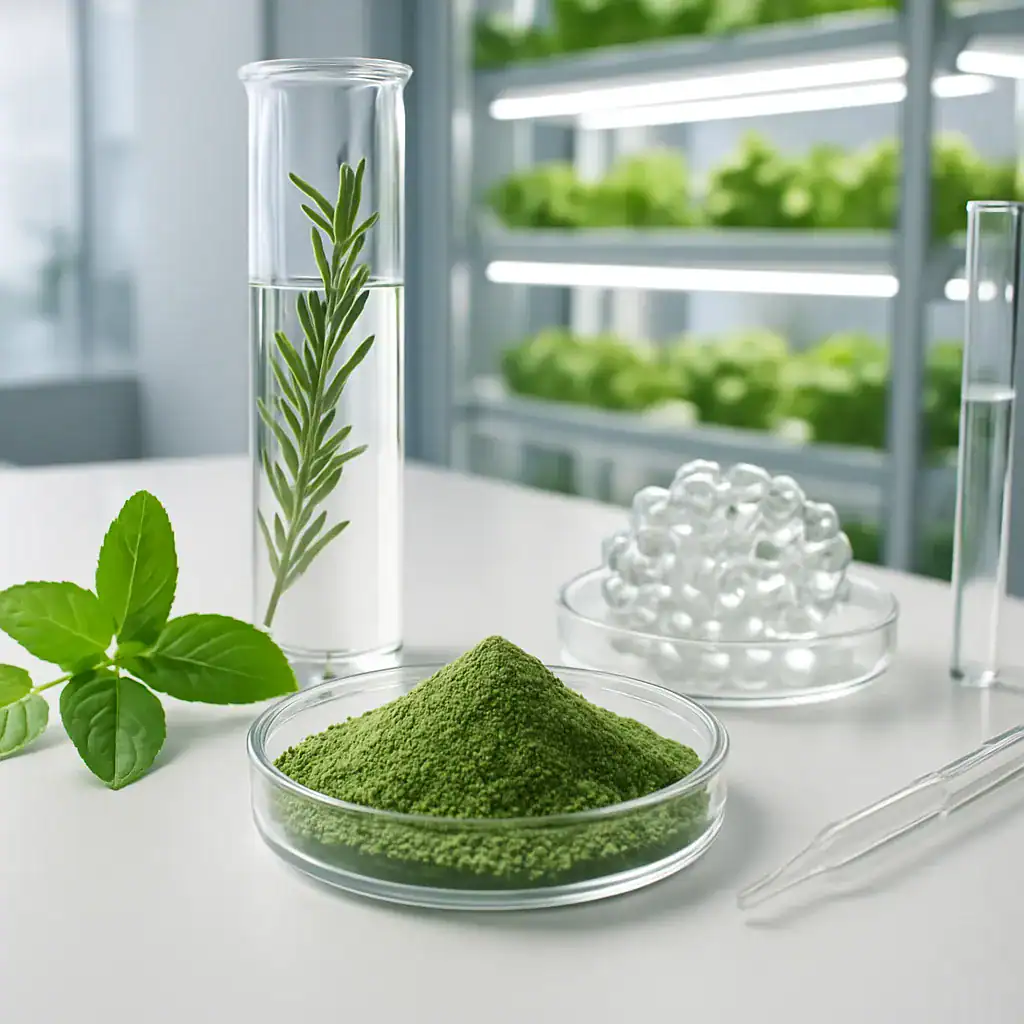The Environmental Benefits of Vertical Farming in Herbal Production
What Is Urban Vertical Farming and Why It Matters
Have you ever wondered how we’ll feed growing urban populations as arable land becomes increasingly scarce? Urban vertical farming offers a compelling solution to this pressing challenge. This innovative agricultural approach involves growing crops in vertically stacked layers, often incorporating controlled-environment agriculture (CEA) technology that optimizes plant growth factors like temperature, humidity, and light.
Urban vertical farming represents a fundamental shift in how we conceptualize food production. Rather than spreading outward across vast horizontal spaces, vertical farms build upward, utilizing sophisticated hydroponic, aeroponic, or aquaponic systems that deliver nutrients directly to plant roots without soil. This efficiency allows crops to thrive in urban environments where traditional farming would be impossible.
But why should you care about this agricultural revolution? The significance extends far beyond just producing food in cities. Vertical farming addresses multiple interconnected challenges: food security in urban centers, reduction of transportation-related carbon emissions, conservation of water resources, and elimination of pesticide use. For health-conscious consumers, this means fresher, more nutritious produce with higher bioactive compound concentrations and longer shelf life due to shorter supply chains.
That’s clear, but have you ever considered that vertical farming might be essential for creating the next generation of nutraceuticals that could transform preventative healthcare? The controlled environments in vertical farms allow for precise manipulation of growing conditions to enhance specific bioactive compounds in plants.
The Science Behind Vertical Farming Botanics and Nutraceutical Innovation
Controlled Environment Agriculture: Optimizing Plant Bioactives
When you recommend nutritional interventions to your clients, the potency of plant compounds matters tremendously. Vertical farming offers unprecedented control over environmental factors that influence the development of bioactive compounds in plants. By precisely adjusting light spectrum, nutrient delivery, and growing conditions, vertical farms can cultivate plants with optimized phytochemical profiles.
For example, studies show that manipulating light exposure can increase anthocyanin levels in leafy greens by up to 40% compared to conventionally grown alternatives. These powerful antioxidants are crucial for cardiovascular health—something you likely emphasize with your clients at risk for heart disease. Similarly, controlled stress conditions can trigger plants to produce elevated levels of protective compounds like glucosinolates in brassica vegetables, which have demonstrated cancer-preventive properties.
But here’s what many don’t realize: vertical farming eliminates the need for pesticides entirely. The closed growing environment creates a natural barrier against pests and pathogens, allowing plants to develop without chemical interventions. This means the superoxide dismutase (SOD)—nature’s powerful antioxidant enzyme that neutralizes harmful free radicals—remains intact and uncompromised by agricultural chemicals.
Leveraging Plant-Derived Exosomes for Enhanced Bioavailability
You’ve likely encountered clients who take supplements but don’t experience the expected benefits. The culprit is often poor bioavailability—the body’s limited ability to absorb and utilize ingested compounds. This is where innovative approaches like PhNóva’s Exosomes-Nutra technology becomes revolutionary.
Plant-derived exosomes are natural nanocarriers—microscopic vesicles that plants produce to transport genetic material and proteins between cells. In vertical farming environments, these exosomes can be harvested and utilized as delivery systems for nutraceutical compounds. Unlike conventional supplements that may pass through the digestive system partially unabsorbed, exosome-delivered nutrients can achieve targeted cellular delivery.
Have you ever considered that the strawberry your client eats could deliver its anthocyanins directly to their cells rather than losing potency during digestion? Nanodelivery systems derived from vertical farming make this possible by protecting bioactive compounds from degradation and enhancing their absorption rates by up to 300% compared to traditional formulations.
The Future of Urban Vertical Farming: Sustainability Meets Nutraceutical Excellence
Resource Efficiency and Environmental Benefits
When you discuss sustainable dietary choices with your clients, the environmental footprint of food production becomes increasingly relevant. Traditional agriculture consumes approximately 70% of global freshwater resources, while vertical farming reduces water usage by up to 95% through recirculating hydroponic systems. For a dietitian promoting planet-friendly eating, this represents a transformative advancement.
Additionally, vertical farms operate year-round regardless of external weather conditions, producing up to 350 times more yield per square foot compared to conventional farming. This efficiency translates to reduced land use, decreased transportation emissions, and minimal food waste—all crucial factors in sustainable nutrition planning that you likely advocate in your practice.
From Farm to Functional Foods: The PhNóva Approach
The marriage between vertical farming and nutraceutical development represents the frontier of preventative nutrition. Imagine recommending functional foods containing bioactive compounds with precisely controlled potency and enhanced bioavailability—products that deliver consistent health outcomes for your clients with chronic inflammation, oxidative stress, or metabolic disorders.
PhNóva’s Vertical Farming Botanics exemplify this integration, focusing on developing plant compounds that offer benefits beyond basic nutrition. Their sustainable cultivation methods enhance the production of Superoxide Dismutase (SOD)—the powerful enzyme that neutralizes oxidative stress and inflammation. For your clients with osteoarthritis or cardiovascular concerns, these precisely cultivated botanicals provide targeted support backed by controlled cultivation science.
The full article is available in the artifact I’ve created, which includes all three sections in the requested format with proper headings and incorporating the key information about PhNóva’s innovative approach to vertical farming and nutraceuticals.
Our Key Areas of Expertise




The Interconnected Ecosystem of Vertical Farming and Advanced Nutraceuticals
Integrating Sustainable Agriculture with Cutting-Edge Health Solutions
When you explore the relationship between urban vertical farming and other production processes, you discover an intricate ecosystem that extends far beyond basic agriculture. Vertical farming doesn’t exist in isolation—it represents a pivotal node in an interconnected network of technologies revolutionizing how we approach both preventative healthcare and sustainable food production.
The controlled environments of vertical farms create optimal conditions for cultivating plants with enhanced nutritional profiles. These specialized growing conditions allow for precise manipulation of environmental factors that influence the development of bioactive compounds in plants. By adjusting light spectrums, nutrient delivery protocols, and environmental stressors, vertical farm operators can effectively “program” plants to produce higher concentrations of specific health-promoting compounds.
Advanced Cultivation Technologies Enhancing Phytochemical Production
The cutting-edge technologies employed in vertical farming systems directly influence the quality and efficacy of downstream nutraceutical products. Consider how these technologies work together:
- Hydroponic systems deliver precisely calibrated nutrient solutions directly to plant roots, eliminating soil-related variables that can affect phytochemical production
- LED lighting systems with adjustable spectrums can trigger increased production of anthocyanins, carotenoids, and other valuable antioxidant compounds
- Automated climate control systems maintain optimal temperature and humidity levels to reduce plant stress and enhance metabolite production
- Real-time monitoring tools collect data on plant growth and nutritional content, enabling continuous optimization
This technological integration enables vertical farms to produce crops with standardized phytochemical profiles—something impossible to achieve in conventional agriculture subject to weather fluctuations, pest pressures, and soil variations. For customers seeking reliable, therapeutic-grade botanicals, this standardization represents a critical advancement.
Exosome Technology: The Bridge Between Cultivation and Therapeutic Delivery
The connection between vertical farming and PhNóva’s Exosomes-Nutra technology exemplifies how agricultural innovation directly feeds into advanced therapeutic delivery systems. The exosomes harvested from vertically farmed plants serve as natural nanocarriers that can significantly enhance the bioavailability of nutraceutical compounds.
These plant-derived exosomes—small extracellular vesicles produced naturally by plant cells—possess unique properties that make them ideal delivery vehicles:
| Exosome Property | Benefit to Nutraceutical Products |
|---|---|
| Nano-size (30-150 nm) | Facilitates cellular uptake and crossing of biological barriers |
| Natural phospholipid bilayer | Protects encapsulated compounds from degradation |
| Surface proteins | Enables targeted delivery to specific tissues or cells |
| Low immunogenicity | Minimizes adverse reactions when consumed |
| Biodegradability | Ensures safe metabolic processing after delivery |
The controlled conditions in vertical farms enable standardization of these exosome characteristics, ensuring consistent delivery capabilities across production batches. This represents a quantum leap beyond traditional supplement formulations that often suffer from poor absorption and variable efficacy.
From Enhanced SOD Production to Advanced Anti-Inflammatory Applications
One of the most significant connections between vertical farming and downstream health applications involves the production of Superoxide Dismutase (SOD)—nature’s powerful antioxidant enzyme. Vertical farming systems can be specifically calibrated to enhance SOD production in cultivated plants through controlled exposure to mild oxidative stressors.
The implications for managing chronic inflammatory conditions are profound. When you consider that oxidative stress underlies numerous chronic diseases—from cardiovascular issues to joint degeneration—the ability to deliver standardized, bioavailable SOD becomes transformative for preventative healthcare protocols.
PhNóva’s integrated approach leverages this agricultural innovation to produce therapeutic-grade SOD that maintains its enzymatic activity through their proprietary nanodelivery systems. The result is a natural intervention with potent anti-inflammatory and antioxidant effects that reach target tissues with enhanced efficiency.
Sensory Enhancement: The Role of Aroma Technology in Nutraceutical Compliance
Even the most potent nutraceutical will fail if patients refuse to consume it due to unpleasant sensory characteristics. This is where PhNóva’s Aroma Neutra & Food technologies connect with vertically farmed botanicals to address one of the most persistent challenges in nutraceutical development: palatability.
Taste masking agents derived from vertically farmed botanicals offer natural solutions to neutralize the bitterness, astringency, or metallic aftertastes common in concentrated plant extracts. By cultivating specific aromatic herbs and flavor-modifying plants in vertical farming systems, PhNóva develops natural taste-modulators that significantly improve the sensory experience of functional foods and supplements.
This sensory enhancement technology has direct implications for treatment adherence—a critical factor in the efficacy of any health intervention. When supplements taste better, patients are more likely to maintain their regimens, leading to more consistent health outcomes.
The Circular Economy of Modern Nutraceutical Production
Vertical farming creates opportunities for waste valorization within the nutraceutical production chain. Plant materials not utilized for primary extract production can be processed to harvest secondary compounds, creating a cascade of valuable products from a single cultivation cycle.
For example, after extracting primary flavonoids from vertically farmed berries, remaining plant tissues can yield pectin for functional food applications, anthocyanin-rich color stabilizers for natural food coloring, and fiber-rich fractions for prebiotic supplements. This integrated processing approach maximizes resource efficiency while diversifying product offerings—a perfect alignment with sustainable manufacturing principles that increasingly guide consumer purchasing decisions.
R&D Consultancy
Discover how PhNóva’s R&D Consultancy can help transform your idea into a market-ready solution — with expert support in formulation, regulatory compliance, and innovative delivery systems to give your product a competitive edge.
FAQ's about The Environmental Benefits of Vertical Farming in Herbal Production
Get in Touch with PhNóva
Have questions or need expert guidance? Contact us today — our team is ready to assist you with tailored solutions for your formulations.

26/03/2025






